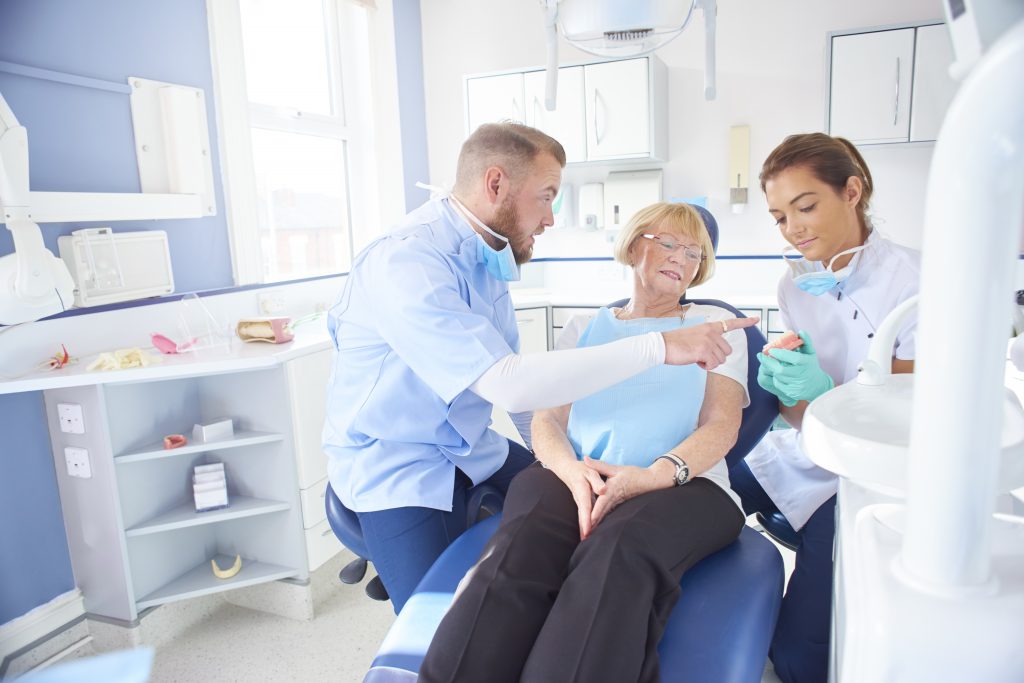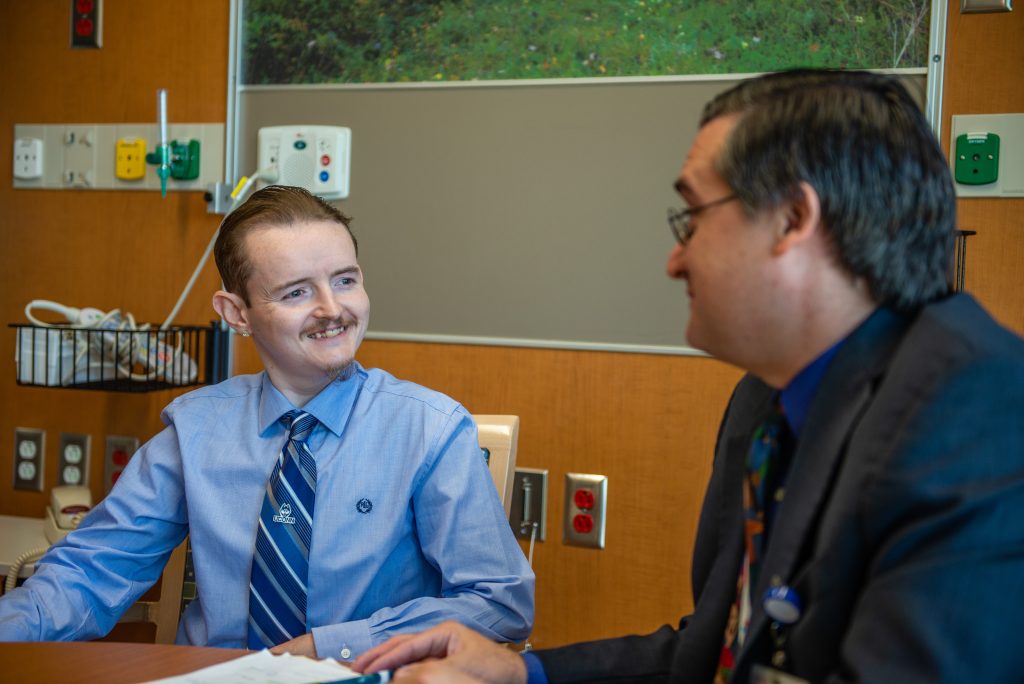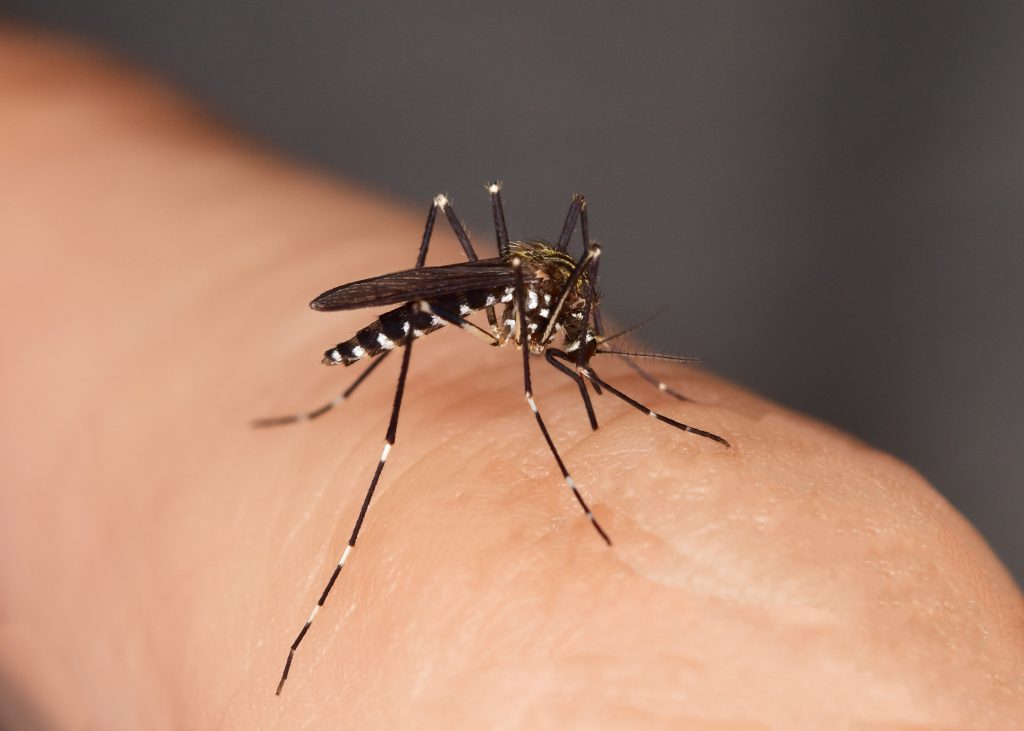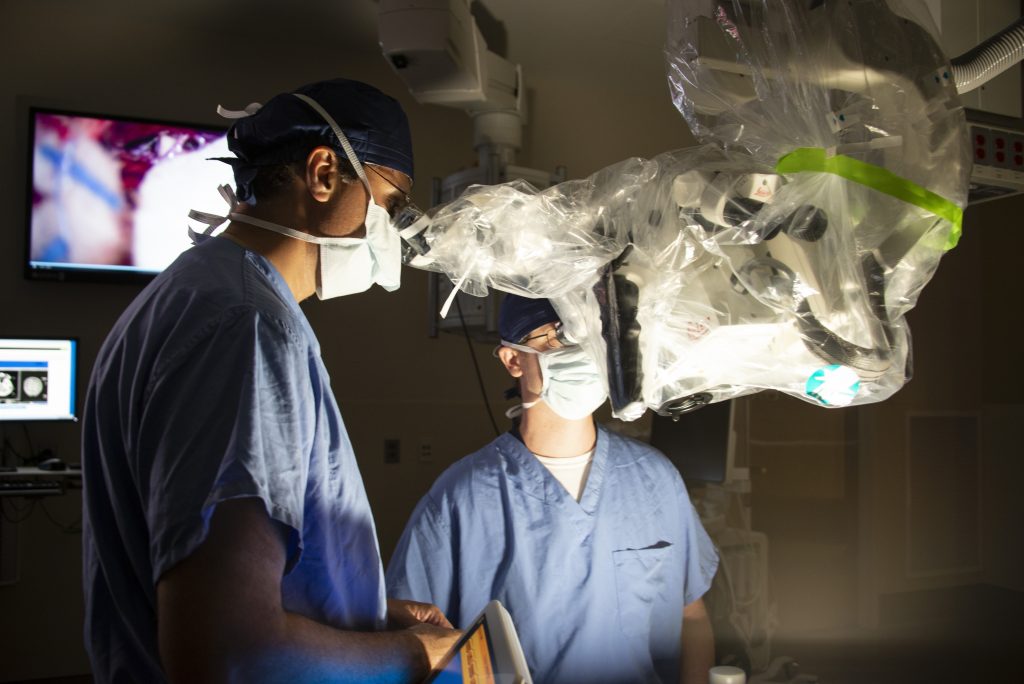UConn Health
More Aggressive Blood Pressure Control Benefits Brains of Older Adults
The UConn Health study followed 199 hypertension patients 75 years of age and older for 3 years.
October 14, 2019 | Lauren Woods
Diagnosis Set This Athlete On a New Course
After UConn Health doctors diagnosed Marisa Boasa with MS, she made it her mission to stay active and inspire others with mobility challenges to do the same. This weekend, she's competing in the Hartford Marathon.
October 10, 2019 | Chris DeFrancesco '94 (CLAS)
Patient Care Bustling at UConn Health Thanks to Bioscience Connecticut
Bioscience Connecticut has enabled UConn Health to significantly increase both its patient care and clinical revenue.
October 9, 2019 | Lauren Woods
UConn Joins State to Deliver Transparency for Health Care Costs
Developed by Alan Fontes of the School of Nursing, the interactive website allows consumers and providers to search, sort, and filter by provider, location, health measure, network quality rating, and cost of treatment.
October 8, 2019 | Combined Reports
Community Conversations Allow UConn Health to ‘Reach the Unreachable’
Navigating the healthcare system sometimes begins with securing the basic need of transportation to the medical center. Through its community outreach, UConn Health facilitates that process.
October 1, 2019 | Delker Vardilos
As We Age, Oral Health Plays Increasing Role in Overall Health
In the Journal of the American Geriatrics Society, UConn Health experts cite the role of all health care professionals in working to promote good oral hygiene in the elderly population.
September 26, 2019 | Courtney Chandler
World’s First Gene Therapy for Glycogen Storage Disease Produces Remarkable Results
The clinical trial originally set out to simply test the safety and dosage of the gene therapy for three patients with GSD Type Ia. The dramatic improvement in their lives was unexpected.
September 19, 2019 | Lauren Woods
Anemia May Contribute to the Spread of Dengue Fever
Understanding how dengue is transmitted will help scientists develop new ways to control the disease, and possibly control similar viruses such as Zika and West Nile virus, says Penghua Wang of UConn Health.
September 16, 2019 | Kim Krieger
Home-based Treatments Improve Mobility in Older Adults With Fractured Hips
Patients recovering from hip fractures achieved success with regular weekly home visits by a physical therapist over a 16-week period, according to the study in JAMA.
September 10, 2019 | Combined Reports
Neurosurgery Residency Places UConn Health in Exclusive Group
UConn Health "is positioned to train the next generation of leaders in neurological surgery, who I’m convinced will one day find solutions for problems that perplex us today," says Dr. Ketan Bulsara, chief of the division of neurosurgery.
September 5, 2019 | Chris DeFrancesco '94 (CLAS)









